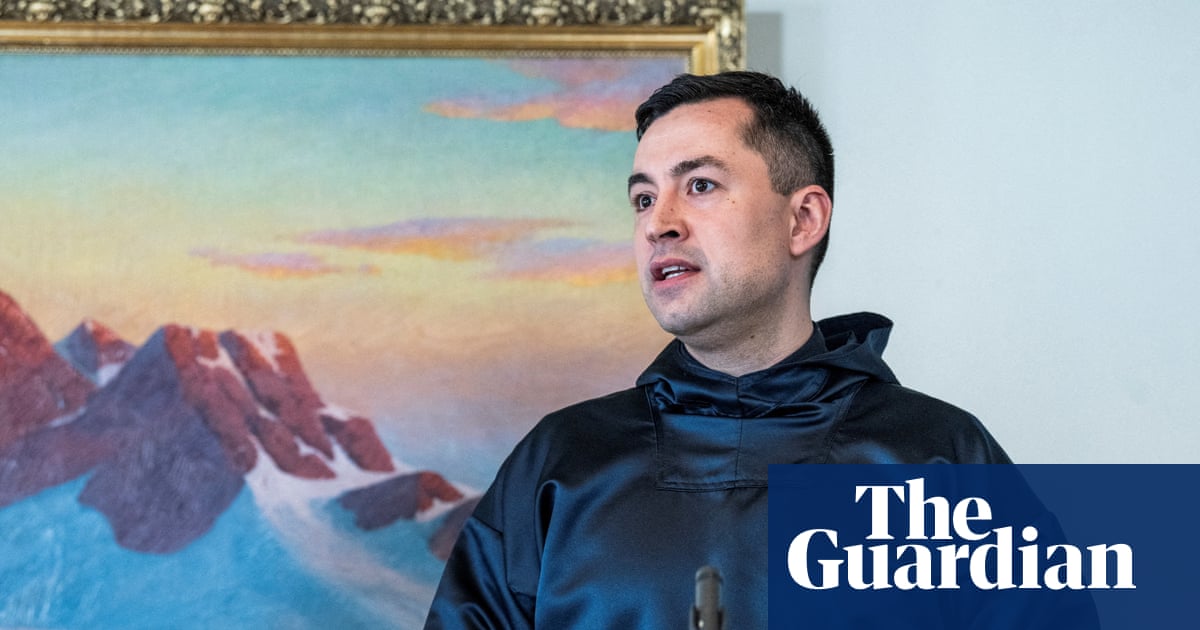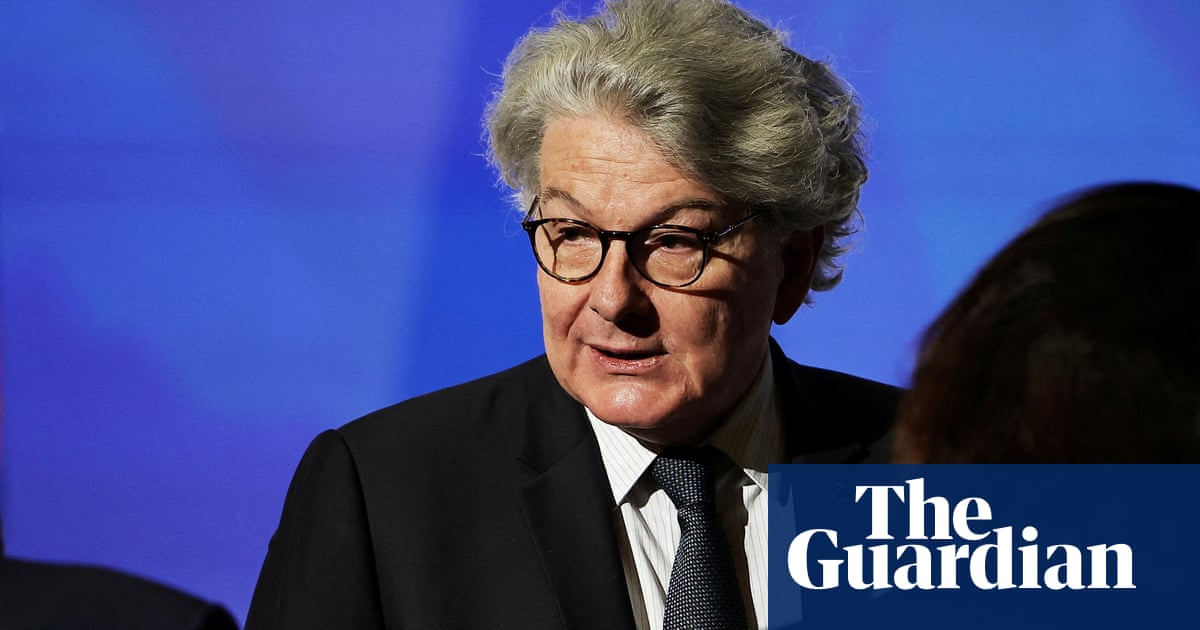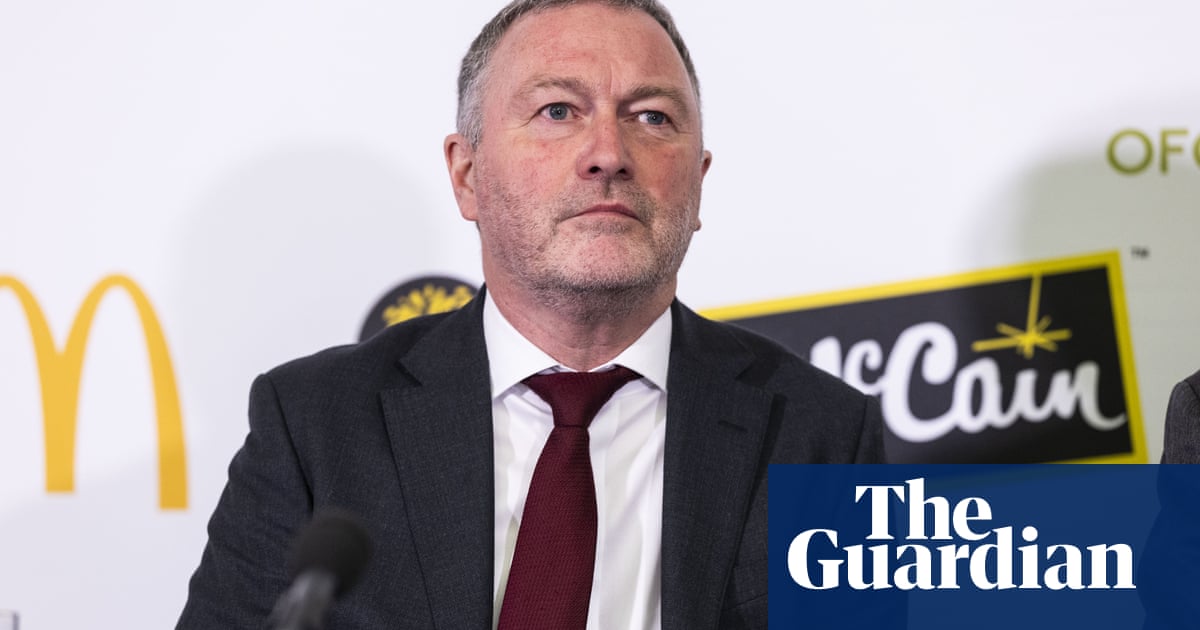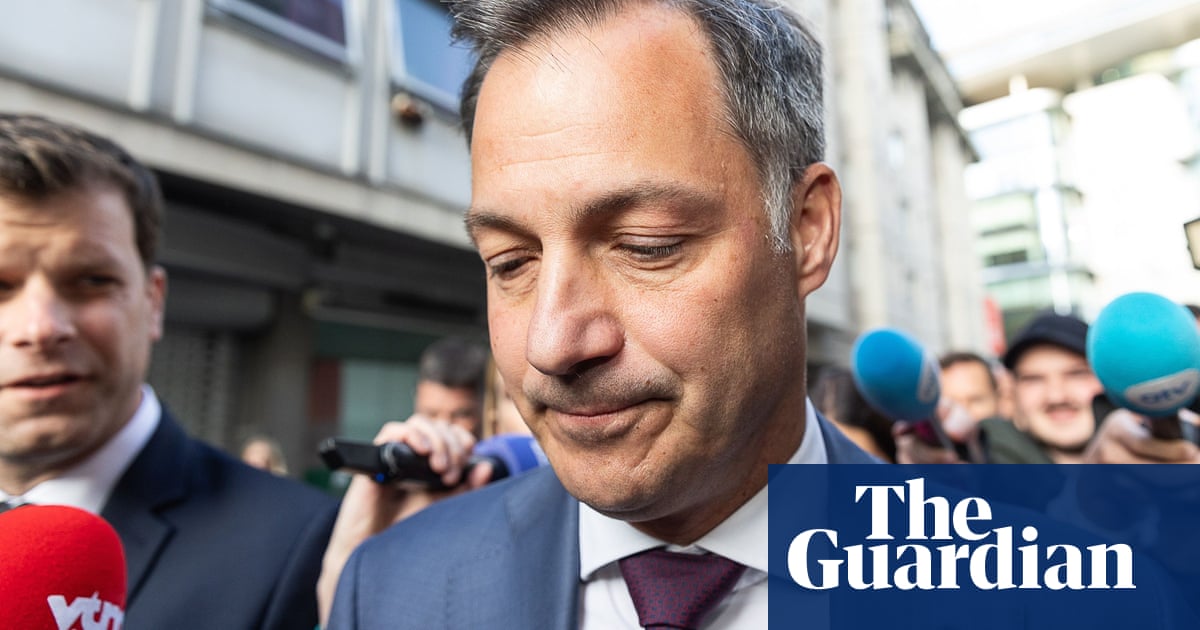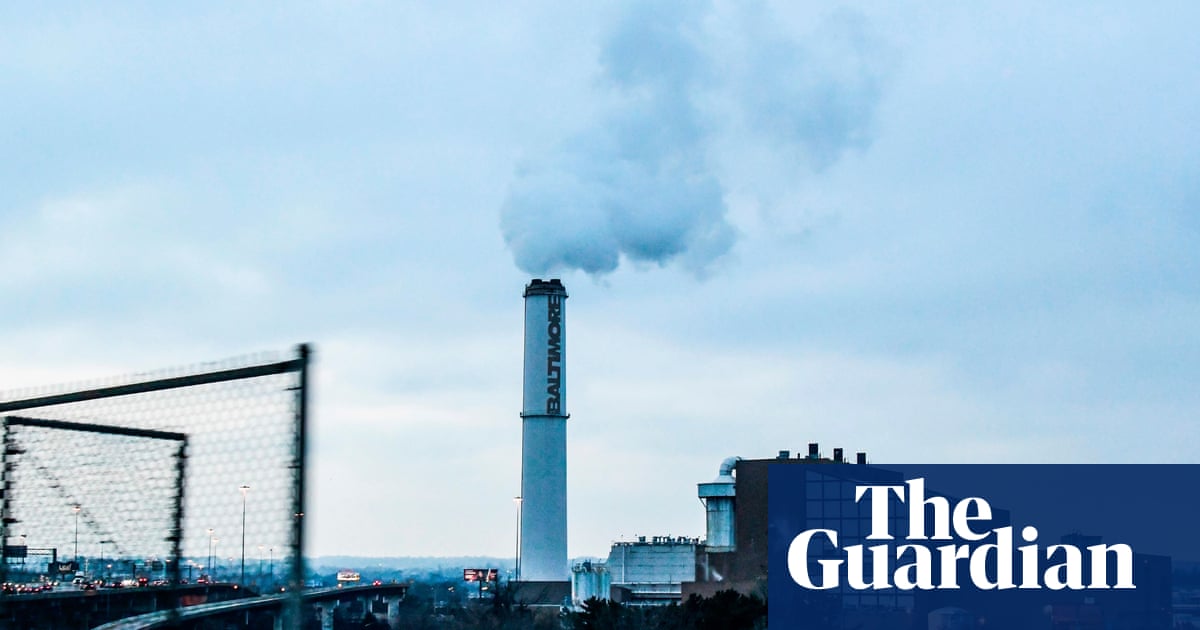It may not be one of the government’s five stated missions, but Keir Starmer is making disrupting the criminal gangs behind cross border migration his own crusade. The prime minister told the annual assembly of Interpol in Glasgow on Monday it was his “personal mission to smash the people-smuggling gangs”.
This government seems to be replacing its predecessor’s “stop the boats” slogan with “smash the gangs”. The focus is on enforcement, including rapid prosecutions, echoing the government’s response to the far-right violence in August. Starmer, who is meeting other leaders at the European political community summit in Hungary today also wants to establish a new security pact with the EU to overcome the fact that Brexit has hamstrung efforts to clamp down on the crossings – in particular, by removing access to the EU-wide fingerprinting database.
Being tough on cross-border criminality has echoes of Tony Blair’s “tough on crime” mantra. Yet there appears to be a noticeable difference. Blair emphasised that being tough on the causes of crime was just as important. For now, at least, a focus on the causes appears to be far less prominent for Starmer.
Smugglers who exploit and endanger the lives of desperate people fleeing brutal wars or tyranny must be stopped and made to face justice. As enforcement tightens, they are cramming more people into boats and pushing off from more dangerous spots. This has made 2024 the deadliest year yet for Channel deaths, with 60 fatalities, a shocking five times more than last year.
But the government must also act to reduce the numbers turning to the smugglers in desperation. There are ways that this can be done. Remember that seven out of 10 refugees remain in neighbouring countries to their own as they want to be able to get home as soon as possible. There needs to be a far greater international effort, led by the UK government, to assist countries hosting large displaced populations, so that people are supported to stay close to their homelands. The Biden administration in the US recognised this, providing hundreds of millions of dollars to Colombia, Ecuador and Peru, which together host roughly 5 million displaced Venezuelans.
But the most important long-term priority is the international community working to broker peace in the world’s conflict zones. Wars and violence have been the major cause behind the displacement of 120 million people around the world. It’s a number that has risen for over a decade – and without greater efforts to achieve peace, it is unlikely to get smaller.
The UN high commissioner for refugees, Filippo Grandi, points this out. But he also echoes the calls of many refugee charities that there needs to be a wider strategy to look at how refugees can access legal routes to reach safety. Grandi has called for “one-stop shops” for refugees to access basic humanitarian support, and crucially, legal pathways. For this to work, he says the UK and other countries should provide “more opportunities for refugees directly from regions: resettlement places, work visas, scholarships, family reunification, private sponsorship and so on”. It’s startling that parents of refugee children who are alone in the UK are not allowed to join them here.
There also need to be protected routes so that refugees don’t have to make dangerous journeys. One option would be to trial refugee visas, so that people can get on a plane, train or ferry to reach the UK and then apply for asylum. Another approach would be to enable people to apply for refugee protection closer to their home countries. This has been done in South America, permitting applicants to be considered for protection or other pathways in the US, Canada and Spain. There is evidence that these measures have had some success, with the number of monthly irregular arrivals at the US-Mexico border declining this year compared to a record high at the end of 2023.
By focusing so much on a “smash the gangs” approach rather than a more multi-dimensional one, and the importance of maintaining the individual entitlement to seek asylum under international law, the government is likely to end up over-promising and under-delivering.
Ultimately the public will be able to judge how successful the government has been by seeing whether the number of boats go up or down. It is a high-risk approach because in reality, the government has little control over Channel crossings while wars, oppressive regimes and persecution lead people to escape to be with family or diaspora communities in the UK.
The government has to commit to securing the nation’s borders. However, it would be wise to reframe the debate so that the focus is on not allowing those who don’t have a right to remain in the UK to stay. This means having an orderly asylum system that is about control, competence, compassion and contribution. Timely and fair decision-making is essential. Ensuring that those who aren’t granted refugee protection are returned through workable schemes that treat people with dignity is also vital. And supporting people who are granted asylum to integrate and contribute to our communities in the way refugees have done for generations matters too.
All leaders like to have personal missions. But narrow, one-dimensional pledges like this one are fraught with risk and unintended consequences – and they overlook the complexity of the causes.
Better for prime ministers to concentrate on laying out a vision of a society we want to live in – and the values that matter most. For Labour, as articulated in the budget this month, this appears to be what Will Hutton describes as a “we society”, providing decent public services and living standards for all. It should also be about providing protection to fellow human beings who need sanctuary – and upholding the values of inclusion and a shared humanity.
-
Enver Solomon is chief executive of the Refugee Council
-
Do you have an opinion on the issues raised in this article? If you would like to submit a response of up to 300 words by email to be considered for publication in our letters section, please click here.

.png) 2 months ago
16
2 months ago
16

